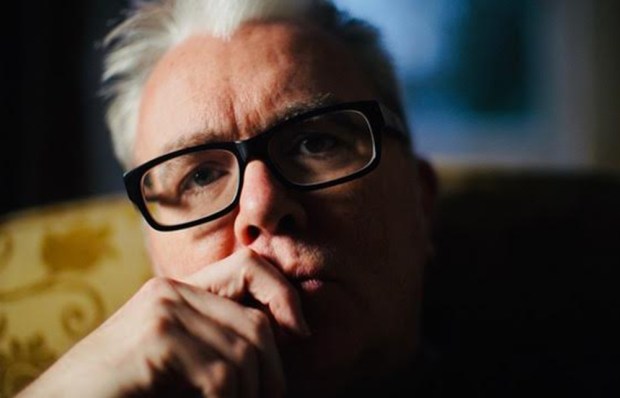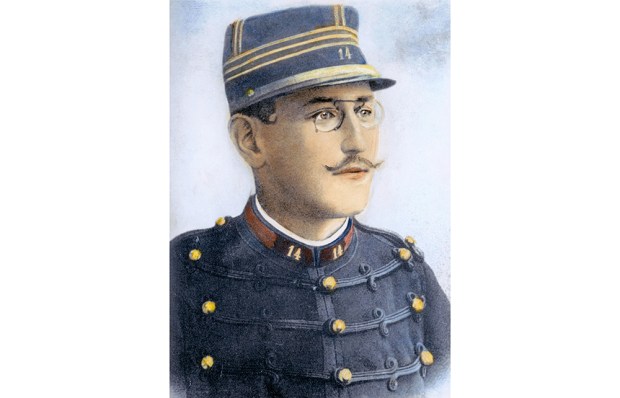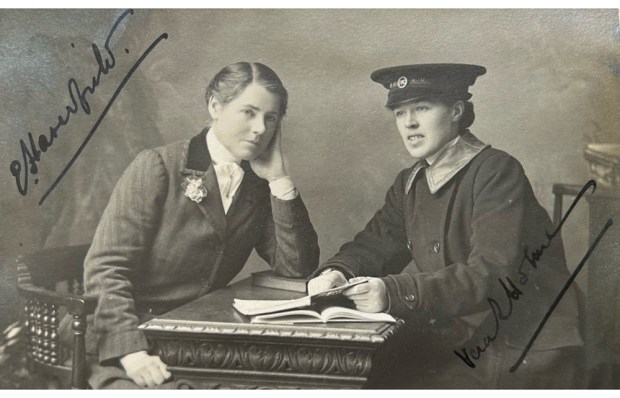For 20 years of my adult life, I moonlighted as a private tutor. After a full day in the office (at a literary job which paid me the price of a Mars Bar p.c.m.), I would traipse the streets, from Notting Hill mansion to cramped suburban flat and everywhere in between, leaving a trail of English comprehensions, Latin translations and Ancient Greek primers in my wake. Not many private jets were involved, but I did run through so much shoe leather that I tried to claim a new pair of brogues as an expense. My accountant, alas, was having none of it.
Every so often, the press sensationalises the world of tutoring. That we were paid up to £1,000 per hour is entirely untrue, more’s the pity. Even the £60 an hour or so that an experienced tutor commands only adds up if you do four or five hours a day, but there is nary a whiff of that. We are also supposed to spend our days assuaging the neuroses of stupendously rich parents trying to ensure their children places at schools and universities to which they’re patently unsuited. There is some truth in this, but it is far from being the whole picture.
Matt Knott began tutoring in 2008, a few years after I did, and this frequently hilarious memoir showcases his experiences. He is a fully paid up member of the middle classes, from a lineage of schoolmasters stretching back to the 17th century. His parents were teachers in a public school, where he was a pupil, and he became acutely aware of the differences between his family (camping holidays in Cornwall) and his richer classmates (skiing trips, etc). He barely questions his own privileges, not stopping to ponder whether his parents’ profession (and his school) might have oiled the wheels into Cambridge, nor how their support enables him to try to be a screenwriter.
Knott presents himself as a naïf, which can test credibility. Aged 16, when waitering, he put a bow tie on back to front. Really? I can just about believe he didn’t know that PJ stood for private jet, even in the context of an airport, but I find it harder to credit that, when he rings the front door bell of a grand house and is asked to go round to the mews, he thinks he’s ‘stumbled into some sort of Eyes Wide Shut-style sex party, and that the Muse would turn out to be a Conservative cabinet minister in a gimp mask’. He also struggles with the fact that the parents aren’t interested in him and his career. It may be news to him, but parents hire a tutor to help their children, not to sustain young artists. Even so, his writing is lively and likeable (a woman has a hairstyle like a ‘psychotic meringue’).
Knott’s first job is with five-year-old Emil, who has just been circumcised. ‘Can I put a sticker on your willy?’ asks Emil, before demanding that Knott wipe his bottom (he refuses). When he rents a room from a woman called Bib, he notes: ‘I found it hard to get a read on Bib, not least her name, though knowing this country I imagined I’d eventually find out it was somehow short for Susan.’
We are invited to gawp at the uber-wealthy: the ridiculous restaurants, the helicopter rides, the arch butlers. Knott is willing to enjoy all these perks (including lodging with one of his families for a pittance) but is also happy to criticise. He discovers that one of his families owns a private beach: it should be open to everyone, he fumes. Will he think the same, I wonder, when hanging out with Hollywood stars on their secluded golden sands?
His pupils fall into stereotypical categories. I longed for a more nuanced approach. Privately educated Horace is, you guessed it, lazy and entitled. Fatima, a pro bono case, is quiet and unsure of herself. It doesn’t seem to occur to Knott that wealth isn’t the measure of everything, and that there are Fatimas in the gilded corridors too. Tutoring and private schools are not the source of all the world’s ills, much as some would like them to be. Knott does develop close bonds with Felix, the son of a hedge funder, and Bertie, a gay pupil with whom he (himself gay) empathises; but both are placed within the reductive class scheme: bohemian aristocracy, good; finance, bad.
A Class of Their Own bursts with splendid anecdotes though. When Beatriz, Felix’s mother, keeps bringing him cups of coffee he doesn’t want, I nearly fell off my chair laughing. But therein lies the problem with writing about tutoring: it relies on the pithy snippet rather than a sustained narrative. There just isn’t much dramatic tension in waiting for exam results.
The best tutoring relationships involve a mixture of friendship, pedagogy, counselling and (in my view) silliness. There is plenty of all that here: but we will have to wait for a more considered view. Goodness knows there’s enough of us around.
Got something to add? Join the discussion and comment below.
Get 10 issues for just $10
Subscribe to The Spectator Australia today for the next 10 magazine issues, plus full online access, for just $10.
You might disagree with half of it, but you’ll enjoy reading all of it. Try your first month for free, then just $2 a week for the remainder of your first year.














Comments
Don't miss out
Join the conversation with other Spectator Australia readers. Subscribe to leave a comment.
SUBSCRIBEAlready a subscriber? Log in